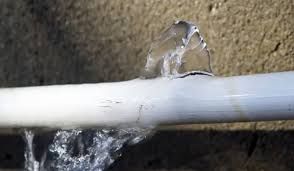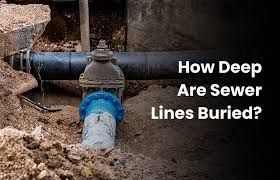Choosing the Right Pipes for Your Plumbing System
When it comes to building or renovating your home, selecting the right pipes for your plumbing system is crucial. The pipes you choose will determine the efficiency, longevity, and safety of your entire plumbing system. This guide will walk you through the different types of pipes, their pros and cons, and how to choose the best ones for your needs. By the end of this article, you'll have the knowledge to make an informed decision, ensuring your plumbing system is both durable and reliable.
Why Choosing the Right Pipes Matters
Choosing the right pipes for your plumbing system is not just about ensuring water flows smoothly. It's about preventing leaks, avoiding costly repairs, and ensuring the safety and health of your household. The right pipes can handle your water pressure needs, resist corrosion, and even improve the overall efficiency of your plumbing system.
Types of Pipes for Your Plumbing System
Understanding the different types of pipes available is the first step in making the right choice. Here’s a breakdown of the most common materials used in plumbing pipes:
1. Copper Pipes
Copper pipes have been a staple in plumbing systems for decades. They are highly durable, resistant to corrosion, and have a long lifespan. Copper is also a great choice for both hot and cold water lines.
- Pros: Long-lasting, recyclable, resistant to bacteria, and withstands high water pressure.
- Cons: Expensive, requires soldering for installation, and can corrode in certain water conditions.
2. PVC Pipes (Polyvinyl Chloride)
PVC pipes are commonly used in residential plumbing systems, especially for drainage and waste lines. They are lightweight, easy to install, and cost-effective.
- Pros: Affordable, resistant to corrosion, and easy to work with.
- Cons: Not suitable for hot water lines, can become brittle over time, and limited durability under high pressure.
3. PEX Pipes (Cross-Linked Polyethylene)
PEX pipes are a popular choice for modern plumbing systems. They are flexible, easy to install, and can be used for both hot and cold water lines.
- Pros: Flexible, easy to install, resistant to freezing, and affordable.
- Cons: Cannot be used outdoors (UV light degrades it), and fittings can be expensive.
4. Galvanized Steel Pipes
Once the standard for residential plumbing, galvanized steel pipes are now less common due to the risk of corrosion and rust. However, they are still found in older homes.
- Pros: Strong and durable, suitable for outdoor and underground installations.
- Cons: Prone to rust and corrosion, can clog over time, and difficult to work with.
5. CPVC Pipes (Chlorinated Polyvinyl Chloride)
CPVC pipes are similar to PVC but can withstand higher temperatures, making them suitable for hot water lines.
- Pros: Can handle hot water, resistant to corrosion, and easy to install.
- Cons: More expensive than PVC, can become brittle over time, and potential health concerns with chlorine leaching.
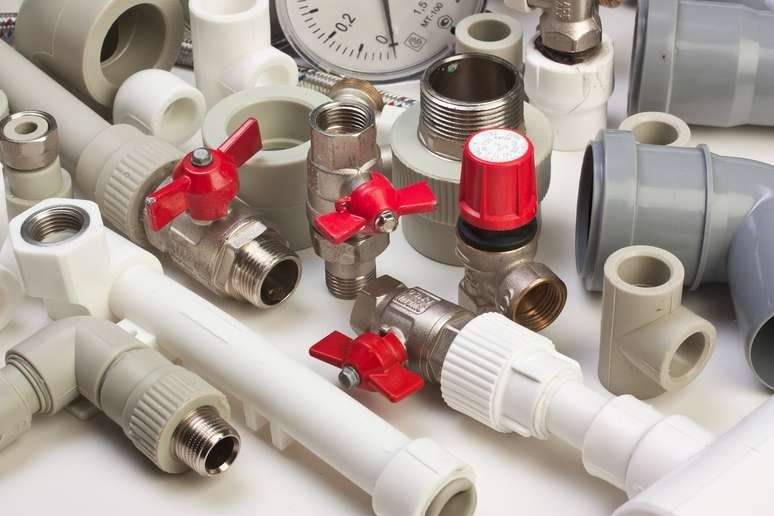
How to Choose the Right Pipes for Your Plumbing System
Selecting the right pipes involves considering several factors, including the purpose of the pipes, your budget, and the specific needs of your plumbing system. Here’s a step-by-step approach to help you make the right decision:
1. Consider the Purpose
Different pipes are designed for different purposes. For example, copper or PEX pipes are ideal for water supply lines, while PVC or CPVC are better suited for drainage or waste lines. Ensure the pipe material you choose aligns with its intended use.
2. Evaluate Water Pressure Needs
Your plumbing system's water pressure requirements should influence your choice of pipes. Copper and PEX pipes are excellent for high-pressure systems, while PVC may not be able to handle the same pressure without risk of bursting.
3. Account for Temperature Variations
If your plumbing system handles hot water, you need pipes that can withstand high temperatures. Copper, CPVC, and PEX are all suitable for hot water lines, while regular PVC should be avoided.
4. Assess Durability and Longevity
The longevity of your plumbing system depends on the durability of the pipes. While copper pipes offer decades of reliable service, PEX and CPVC also provide long-lasting performance. Consider the lifespan and maintenance requirements of each material.
5. Factor in Installation and Maintenance Costs
While copper pipes are more expensive to install due to soldering and material costs, PEX pipes are more affordable and easier to install. Weigh the upfront costs against long-term savings in maintenance and repairs.
6. Think About Environmental Impact
If environmental concerns are important to you, copper and PEX pipes are more eco-friendly choices. Copper is fully recyclable, while PEX pipes have a smaller environmental footprint than PVC.
Common Mistakes to Avoid When Choosing Pipes
Even with the best intentions, it’s easy to make mistakes when selecting pipes for your plumbing system. Here are some common pitfalls to avoid:
- Ignoring Water Pressure Requirements: Using pipes that cannot handle your home's water pressure can lead to leaks and bursts.
- Using the Wrong Pipe for Hot Water Lines: Installing PVC pipes for hot water lines can result in pipe failure due to the inability to handle high temperatures.
- Overlooking Corrosion Risks: Choosing materials that are prone to corrosion, like galvanized steel, without proper consideration can lead to significant long-term issues.
- Not Considering Installation Costs: Some pipes, like copper, require professional installation, which can increase the overall cost.
FAQs About Choosing the Right Pipes for Your Plumbing System
Q: Can I mix different types of pipes in my plumbing system?
A: Yes, but it’s essential to use compatible materials and connectors. For example, you can connect copper and PEX using the right fittings, but mixing incompatible materials can lead to corrosion and leaks.
Q: What’s the best pipe material for a DIY plumbing project?
A: PEX is often recommended for DIY projects due to its flexibility, ease of installation, and affordability.
Q: How do I know if my current pipes need replacement?
A: Signs include frequent leaks, rust-colored water, and reduced water pressure. An inspection by a plumber can help determine if replacement is necessary.
Q: Are copper pipes worth the investment?
A: Yes, copper pipes are durable, resistant to bacteria, and can last for decades, making them a long-term investment for your home.
Q: Can I use PVC pipes for both cold and hot water lines?
A: No, regular PVC pipes are only suitable for cold water lines. For hot water, use CPVC or another heat-resistant material.
Conclusion
Choosing the right pipes for your plumbing system is a critical decision that can impact the safety, efficiency, and longevity of your home's plumbing. By understanding the different types of pipes available, their pros and cons, and the specific needs of your plumbing system, you can make an informed choice that will serve your home well for years to come. Whether you opt for the durability of copper, the flexibility of PEX, or the affordability of PVC, the key is to match the pipe material with the demands of your plumbing system to ensure optimal performance and reliability. Take the time to evaluate your options, consult with a professional if needed, and invest in quality materials that will keep your plumbing system running smoothly for the long haul.
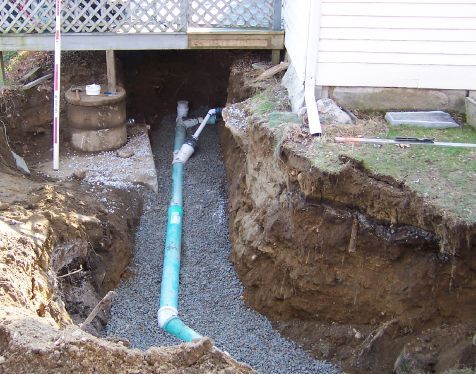
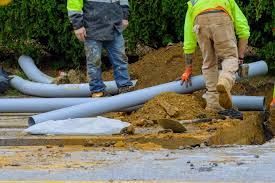
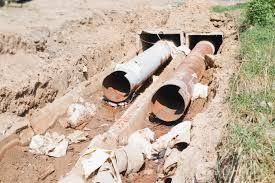
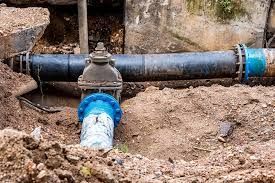

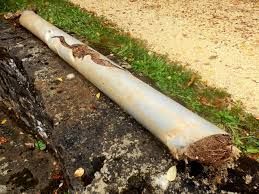
CONTACT INFORMATION
Office:
855-266-7682
Email:
service@AllCityPlumbers.com
Address: 6694 Oak Ridge Commerce Way, Austell, GA 30168
Business Hours:
Mon - Sun 24 Hours
OUR SERVICES
© 2022 All Rights Reserved|All City Plumbers Privacy Policy | Terms & Conditions | Sitemap

